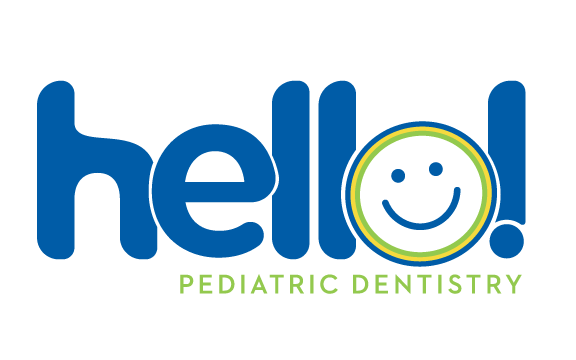FAQ’s
Frequently Asked Questions (FAQs)
What is a dental emergency?
The American Dental Association defines a dental emergency as a person in a potentially life-threatening situation requiring immediate treatment. These situations include:
- Severe uncontrolled bleeding
- Extraoral swelling due to a dental infection that potentially compromises the patient’s airway
- Trauma involving facial bones, potentially compromising the patient’s airway
My child’s permanent tooth/teeth are coming in, and the baby tooth is not out or not even loose. What should I do?
This is a widespread occurrence, and it will not affect the final placement of the permanent tooth or teeth. During our regular business hours, please call us to schedule an appointment to see if we need to help remove the baby tooth. In the meantime, we recommend having the patient wiggle the baby tooth with their fingers and tongue to see if they can get it out independently.
My child is having tooth pain; what should I do?
As long as the patient is not allergic, we recommend ibuprofen dosed appropriately for their age and weight (dosing information will be on the bottle). If they are still in pain, it is safe to take Tylenol in addition to the ibuprofen as long as it is dosed appropriately for their age and weight. As long as there is no facial swelling present, the goal is to keep the patient comfortable until we can see them. Please call us so we can schedule an appointment during our regular business hours. If facial swelling develops (outside of the mouth), please see the next question.
My child’s face is swollen; what should I do?
Please call us so we can determine if they need antibiotics. If they experience rapid, severe facial swelling, we recommend taking them to the most convenient emergency room, as this can become life-threatening. If they were recently numbed for dental treatment, they most likely have chewed on their lips or cheeks, causing the swelling. If this is the case, we recommend ibuprofen as needed for pain (dosed appropriately for age and weight) and a soft food diet until the swelling improves.
My child’s filling or crown has fallen out. Can I wait to replace it?
Although rare, fillings and crowns (caps) sometimes fall out. Avoiding sticky foods can help minimize the risk of losing a filling or crown.
If a filling or crown falls out, it is vital to keep the area clean as these areas will act as “food traps.” Limit sugar until the filling or crown can be replaced.
The decay has been removed, so this is not a time-sensitive issue. Although it is not a rush, give us a call to set up an appointment to replace fillings and crowns placed at Hello! Pediatric Dentistry.
If Hello! did not place the filling or crown, we recommend calling the dentist that did the original work to avoid any charges.
My child hit one of their front teeth. What should I do?
If it is a baby tooth, we recommend a soft food diet and ibuprofen as necessary for pain (dosed appropriately for age and weight). Please call us so we can set up an appointment during our regular business hours. If a permanent tooth has been significantly shifted, fractured, or knocked out, please call us to determine if more urgent treatment is necessary.
Do you offer emergency dental care?
At Hello! Pediatric Dentistry, we do not offer any emergency services to inactive or non-patients. We define inactive patients as patients that have not attended an appointment at Hello! within the past 12 months.
We do offer an emergency line for our current patients. We screen patient messages. If we determine that the patient is current, active, and the situation is a real emergency as defined by the American Dental Association, Dr. Ben will return your message.
What insurance plans do you accept?
We take almost all PPO insurance plans, such as Delta Dental, Humana, Cigna, Metlife, United Healthcare, Principal, Guardian, Aetna, etc. We also accept all Missouri Medicaid plans. If your plan is not listed here, please call us to confirm that we are in-network with your insurance plan.
We do not accept any HMO, DHMO, or Discount Cards. Discounts for cash patients, payment plans, and Care Credit are available for patients.
When do you recommend that children start seeing the dentist?
The American Academy of Pediatric Dentists recommends children should start seeing the dentist at the age of one, or the sign of the first tooth. Dr. Ben is a Board Certified Pediatric Specialist and can walk you through the oral health issues that sometimes start at this early age.
What age patients will you see?
We start seeing children at the sign of the first tooth or the age of one, whichever is first.
We will continue to see active patients until they are 18 or they graduate high school, whichever comes first. However, we will not schedule new patients 13 or older.
Schedule an Appointment
Wondering whether a tongue or lip tie might be affecting your child? Looking for an expert to perform your child’s procedure? You’re in the right place.
